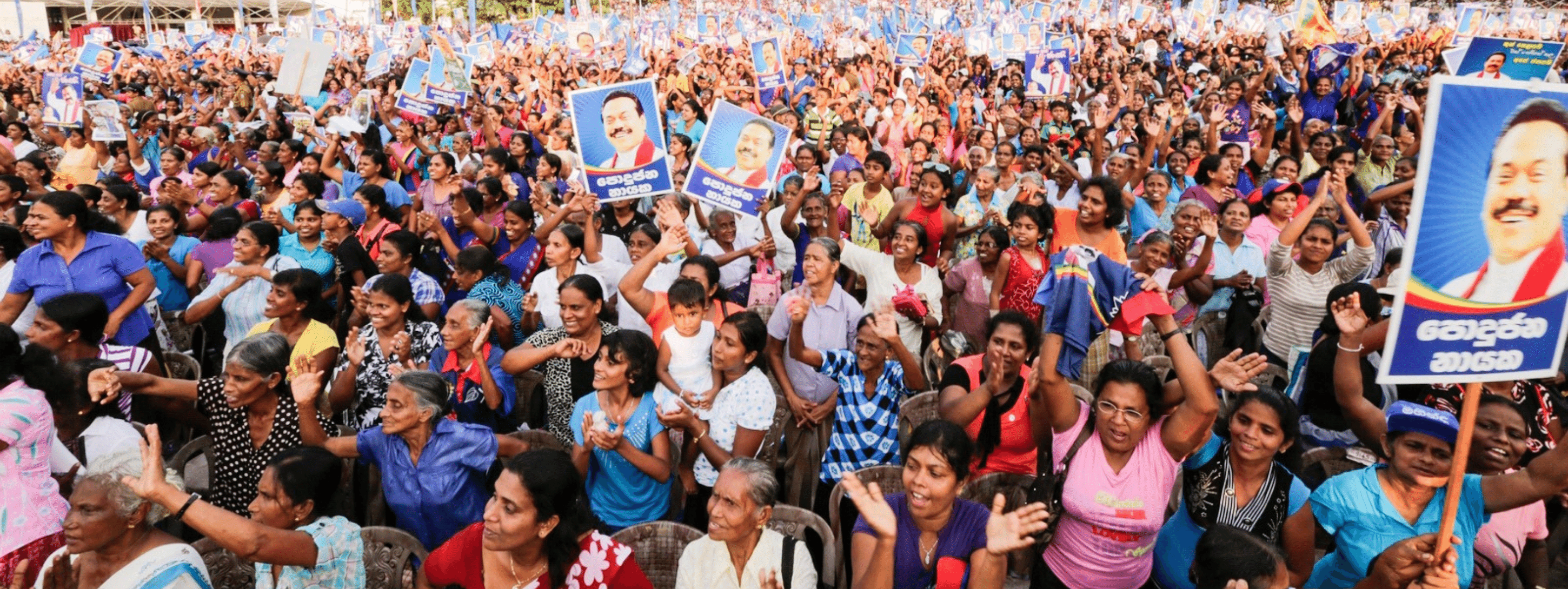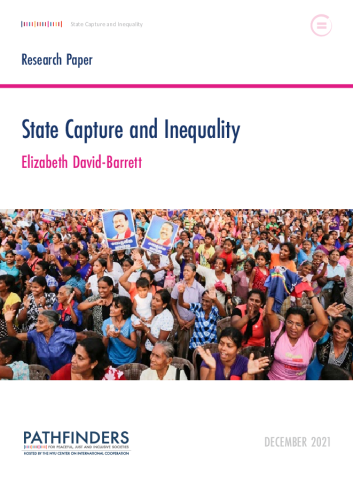State capture is a type of systematic corruption whereby narrow interest groups take control of the institutions and processes that make public policy, excluding other parts of the public whose interests those institutions are supposed to serve. State capture is often associated with the first decade of transition in the former Soviet Union (FSU) and Eastern Europe. State capture has also spread to many countries that had once seemed to be resilient democracies or, in the case of transition countries, on a secure path toward democratization.

In its modern form, capture is often driven by political elites rather than business interests. In so-called “kleptocracies,” public officeholders abuse the power attached to their office to steal money and assets for themselves, but also to change the rules of the game in ways that consolidate and entrench their hold on power. Retaining power becomes a high-stakes game not just because they wish to retain access to opportunities for embezzlement: while in power, they also benefit from impunity. If ousted, they become far more exposed to the threat of law enforcement investigations or prosecutions. This is why leaders often explicitly change the rules to allow them to stay in office, as in Russia, Turkey, and China, or systematically dismantle democratic checks and balances, for example by undermining the independence of the judiciary and civil society, as in Hungary and Poland.
This research paper goes in-depth on the mechanisms and impacts of state capture, impact on inequalities, and lessons learned from two case studies (Brazil and South Africa).
Download the full paper: State Capture & Inequality
This research paper is part of the Pathfinders Grand Challenge on Inequality & Exclusion. More information about this initiative can be found here.


